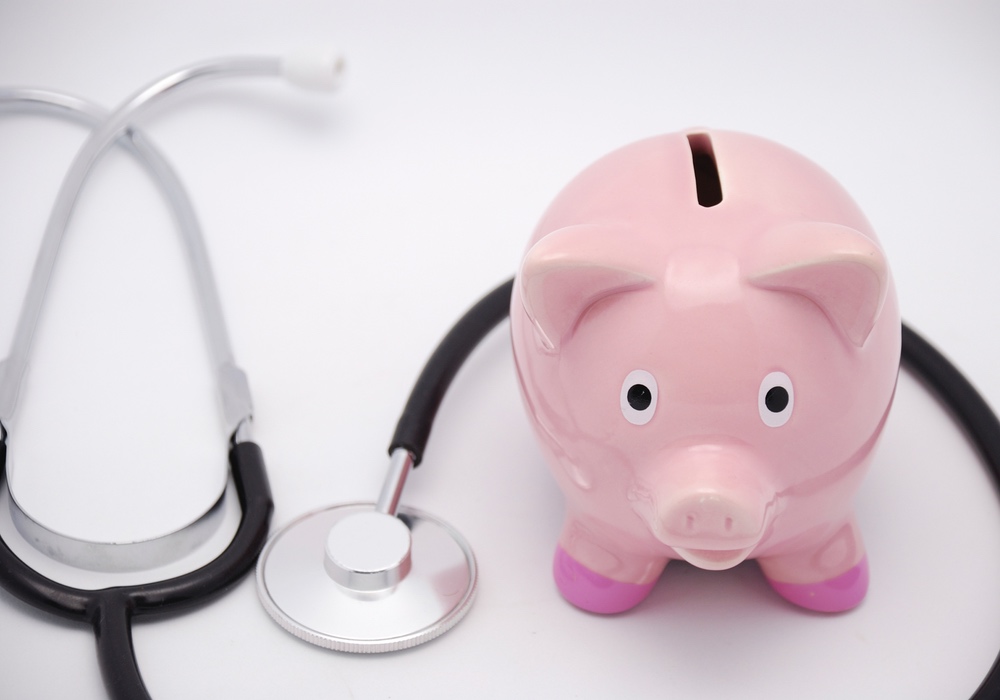As the U.S. Senate decides whether to repeal and replace Obamacare, a new study shows how powerful health insurance can be: It saves lives. Although this won’t come as a surprise to many, a study published in Annals of Internal Medicine lays out in black and white how important health insurance really is.
Researchers at City University of New York School of Urban Public Health at Hunter College and Harvard Medical School decided to reexamine a 2002 study by the Institute of Medicine that had concluded that “the uninsured have poorer health and shortened lives.”
The team conducted a large-scale review of many different types of health insurance-related studies since then. Some were controlled trials, some were surveys over time where mortality was tracked, and some were studies of outcomes of state and provincial healthcare expansion.Having health insurance is linked to lower mortality risk. It is also linked to better self-rated health and financial protection, and a lower risk of depression.
The effect of health insurance is not an easy topic to study, and there are some questions left unanswered, the authors say. Some people go in and out of coverage, which can dilute the effects of insurance. And figuring out how healthy people are at the beginning of a study is difficult, since it usually relies on self-reports of health, which, as the team points out, may be influenced by whether or not a person has coverage. It would be impossible to design a true experiment to test the question, since people would have to be assigned to either have insurance or to not have it, which would be unethical.
The study confirmed what the earlier study had found: Having health insurance saves lives. “Overall,” the team concludes, “the case for coverage is strong. Even skeptics who suggest that insurance doesn't improve outcomes seem to vote differently with their feet. As one prominent economist recently asked, ‘How many of the people who write such things . . . choose to just not bother getting their healthcare?’”
Hopefully the powers that be will do the right thing — but unfortunately, there’s no guarantee. “At present, about 28 million Americans are uninsured,” the authors write. “Repeal of the Affordable Care Act would probably increase this number, while enactment of proposed single-payer legislation would reduce it.”





